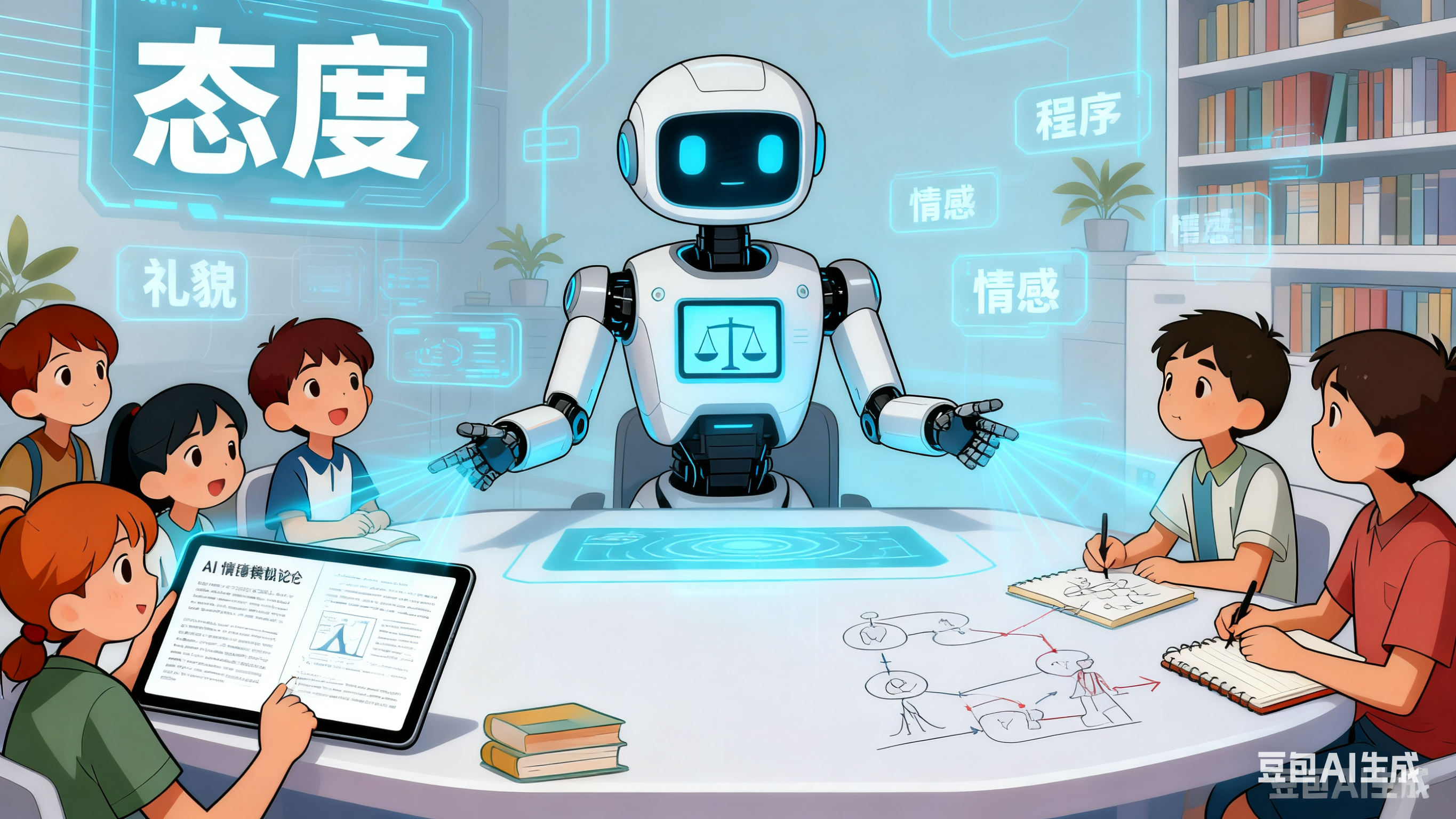
Artificial intelligence (AI) is now part of our daily lives. Should we be polite to AI when we use it? Should we say “please” and “thank you” to chatbots (聊天机器人)? Some kids share their ideas.
11-year-old Aubrey thinks we should be polite to AI. Being polite is not just about good manners — it also helps us get more helpful answers. AI learns from how people talk to it. So if you are rude or in a hurry, AI may give answers that are not good enough.
Hanming, 10, disagrees. He says AI has no feelings. It is just a tool, like a computer. “Do you thank your computer after using it?” he asks.
Ethan, 12, says we should be polite to AI, just as we are to people. Kindness can spread, even to technology. Being polite to AI helps us become more thoughtful people.
11-year-old Asha says AI makes us work faster. We don’t need to say “please” or “thank you” to get AI’s help. We just need to use AI wisely, without worrying about whether we should be polite to a machine.
原创编写 版权所有 侵权必究! 每日更新 个性化阅读 英语飙升!1.1. What do the kids mainly talk about?
A How to use AI in daily life.
B Why AI is popular now.
C Which AI is the best.
D Whether to be polite to AI.
解析:选D。D主旨大意题。文章开头提出“使用AI时是否应该礼貌”的问题,随后4个孩子分别分享了对此的看法,因此,本文的核心围绕“是否要对AI有礼貌”展开。故选D。
2.2. Why does Aubrey think we should be polite to AI?
A AI will feel happy.
B It helps get better results.
C AI asks for politeness.
D Parents tell her to do so.
解析:选B。 B细节理解题。根据第二段内容,Aubrey认为礼貌不仅是好习惯,还能“helps us get more helpful answers”(帮助我们获得更理想的结果)。故选B。
3.3. What can we infer about Hanming?
A He doesn’t thank his computer.
B He often thanks his computer.
C He thinks AI is like a toy.
D He uses AI every day.
解析:选A。A推理判断题。第三段中Hanming提出反问“Do you thank your computer after using it?”(你用完电脑后会向它道谢吗?),结合他“AI只是工具,无需礼貌”的观点,可推断他自己也不会感谢电脑。故选A。
4.4. What does Ethan say about being polite to AI?
A It makes AI work faster.
B It helps people be better.
C It is a waste of time.
D It makes AI have feelings.
解析:选B。B细节理解题。第四段明确提到Ethan认为“Being polite to AI helps us become more thoughtful people.”(对人工智能有礼貌,能帮助我们成为更体贴的人),与选项B一致。故选B。
5.5. What do Asha and Hanming have in common?
A They both like using AI.
B They both think AI is a tool.
C They both disagree to be polite to AI.
D They are the same age.
解析:选C。C推理判断题。Hanming “disagrees”(反对)对AI有礼貌,Asha认为“We don’t need to say ‘please’ or ‘thank you’ to AI”(无需对AI说“请”或“谢谢”),由此可知,两人均不赞同对AI有礼貌。故选C。